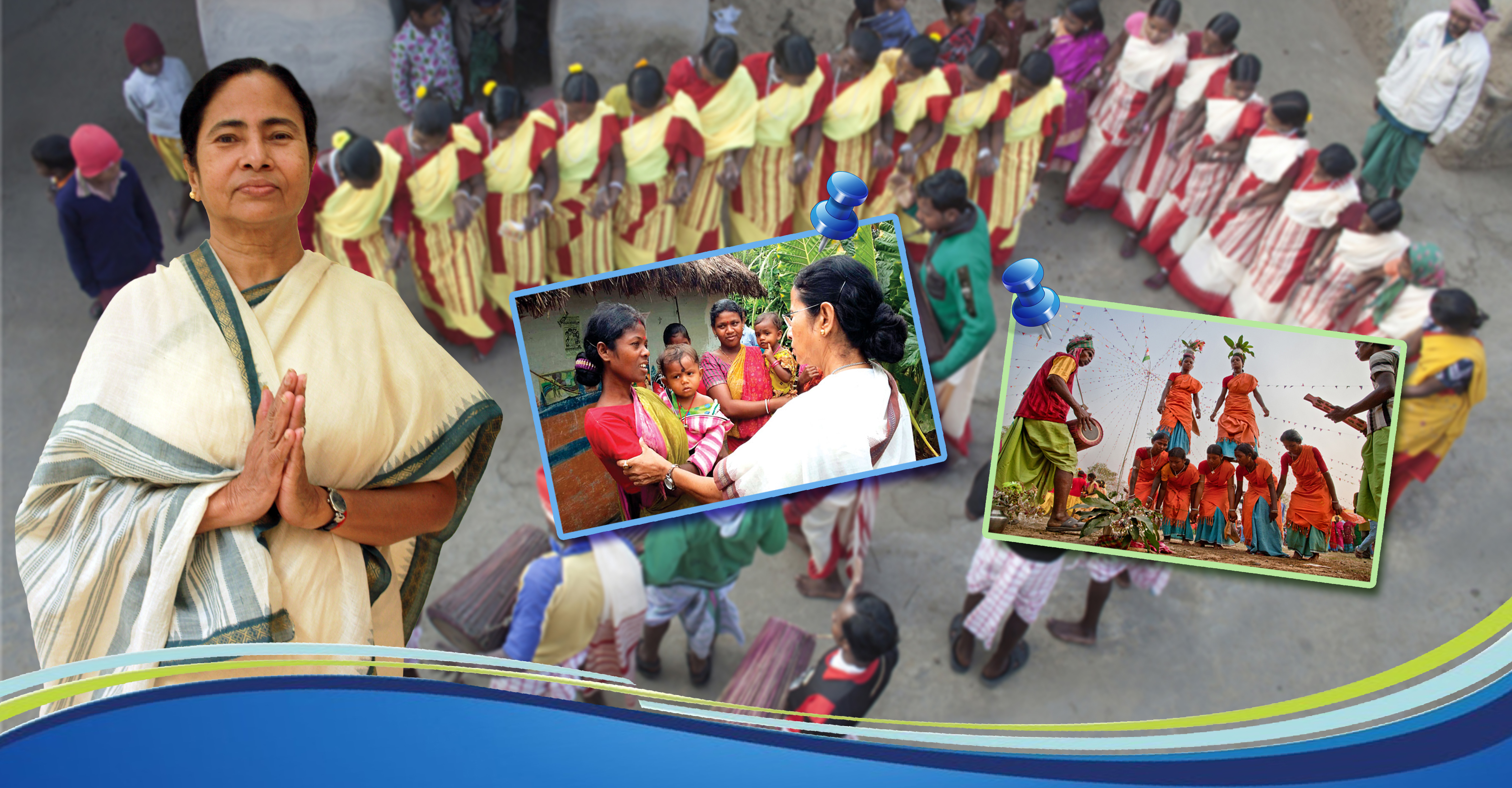January 13, 2019
Bangla a model for development of backward communities

Bangla has been hailed a role model for bringing about the all-round development of scheduled castes. This has been stated recently by the National Commission for Scheduled Castes (NCSC).
At a recent review meeting of the commission in Kolkata, the chairman praised the programmes adopted by the State Government in bringing about development of backward castes. He said that it is Bangla that will show the path to the country in implementing social justice. Officials of the government apprised the commission chairman of the ways in which it helps the scheduled castes (SC).
The giving of jobs in the government for SCs came in for special praise by the national commission. The State Government reserves 22 per cent posts for SCs. The government also undertakes special recruitment drives for all people belonging to backward castes.
The State Backward Classes Welfare Department also maintains a 100-point roster of precedence for direct recruitment and a 50-point roster for promotion.
Then, there’s the 100 Days’ Work Scheme which has also come in for praise. In the State, 26.53 per cent of the beneficiaries are SCs, which surpasses the 22 per cent reservation in jobs under the category as mandated by the Government of India.
Another achievement of the State Government in this respect is that the full hundred per cent of the land distributed for free by the government has gone to SCs.
In the sector of skill development, till date, more than 400 girls belonging to the scheduled caste category have been given training by the government in running beauty parlours (beautician), binding books, etc.
Besides the above, State Government officials informed the commission that the Trinamool Congress Government has brought in the Swami Vivekananda Merit-cum-Means Scholarship Scheme for students belonging to various backward castes and communities.
At present, there are 60 communities identified by the Bangla Government as SC and 40 communities identified as scheduled tribe (ST).
Source: Ei Samay
